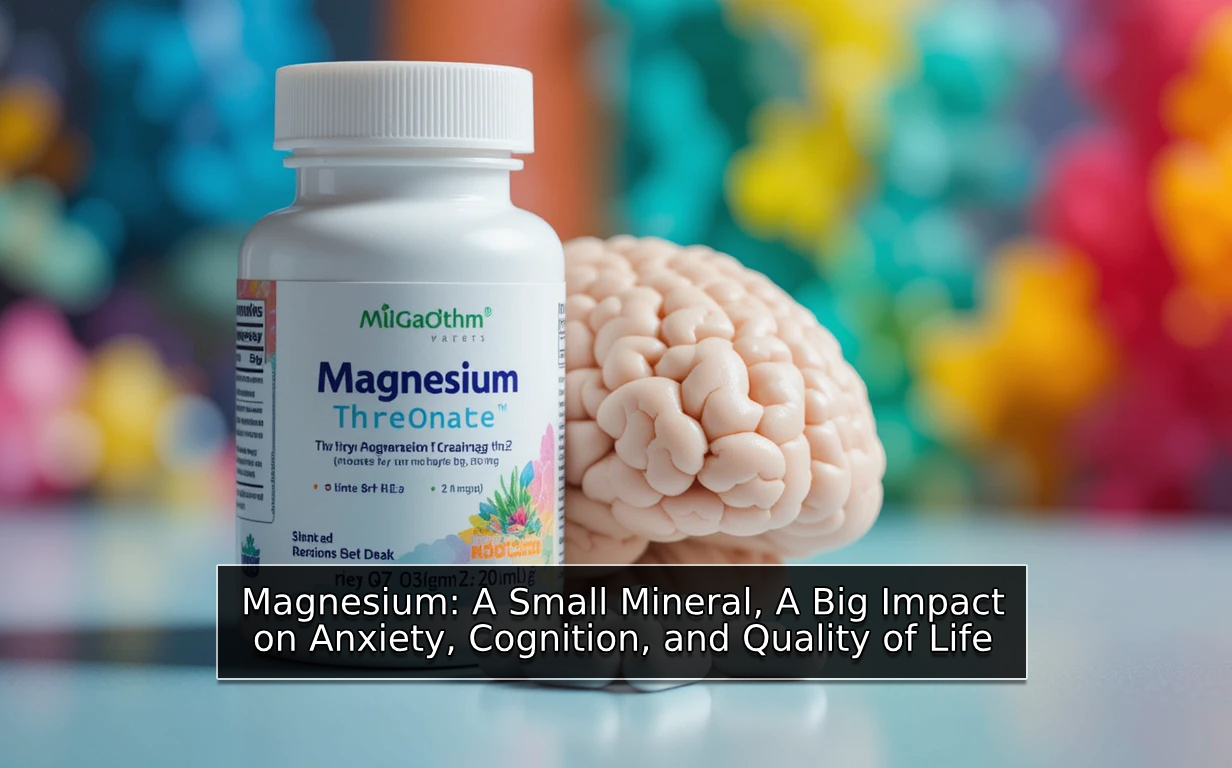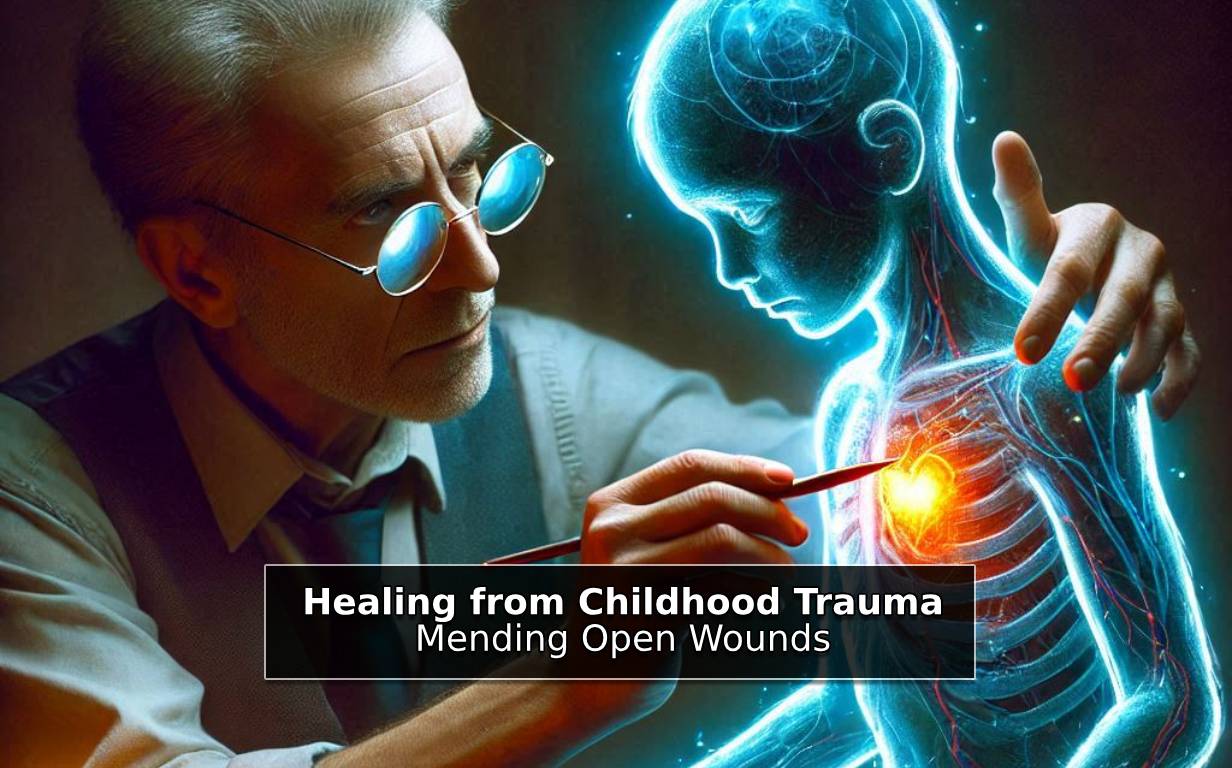First Aid for Trauma Impact: Grounding Techniques to Find Stability
In the aftermath of trauma, individuals may grapple with overwhelming distress, including disconnection, flashbacks, dissociation, and a profound sense of emptiness. The impact of trauma can threaten to pull them into an alternate reality, disrupting their daily functioning and causing great pain and suffering, not only for the individual but also for those in their immediate surroundings. This post offers a first aid guide, introducing the concept of "grounding" as a crucial tool to help individuals reconnect with the present moment, providing a lifeline away from the overwhelming impact of memories and sensations associated with the traumatic event.
Understanding Overwhelm
Trauma can leave an indelible mark on the mind, leading to moments of profound distress. It's not uncommon for individuals to feel disconnected from the present, caught in the grip of vivid flashbacks or a sense of emptiness.
Grounding: A Lifeline to the Present
Think of grounding as a lifeline, gently guiding you away from the overwhelming impact of memories and sensations associated with the traumatic event. Grounding acts as an anchor, providing stability and a pathway back to the "here and now" when the mind is entangled in the alternate reality created by trauma.
Practical Grounding Techniques
Before we delve into these techniques, it's essential to note that while grounding is effective for many, it may not be suitable for everyone. If, for any reason, you find that a technique worsens your feelings, please stop using it immediately.
5-4-3-2-1 Technique:
1) Acknowledge and describe five things you can see around you.
2) Identify and name four things you can touch or feel.
3) Recognize and verbalize three things you can hear in your environment.
4) Name two things you can smell.
5) Acknowledge one thing you can taste or the sensation of taste in your mouth.
Deep Breathing:
1) Inhale deeply through your nose, counting to four.
2) Hold your breath for a count of four.
3) Exhale slowly through your mouth, counting to six.
4) Repeat this process several times, focusing on the rhythm of your breath.
Grounding Objects:
1) Carry a small object that serves as a grounding tool, such as a smooth stone, a textured keychain, or a piece of fabric.
2) When overwhelmed, hold the object, paying attention to its texture and weight, anchoring yourself in the present moment.
The Compassionate Approach of ACT
In the context of Acceptance and Commitment Therapy (ACT), we approach grounding with a compassionate lens. Rather than viewing these overwhelming experiences as obstacles, we recognize them as signals from the mind seeking safety. Grounding techniques align with the core principles of mindfulness and acceptance, encouraging us to be present with our experiences without judgment.
Important Note: First Aid, Not a Replacement for Therapy
While these grounding techniques can provide initial relief, it's crucial to emphasize that they are a form of first aid and not a substitute for professional therapy. Trauma recovery is a complex journey, and seeking the guidance of a trained therapist can provide essential support and insights tailored to your individual needs.
Remember, grounding is a skill that can be developed over time, offering a pathway to reclaiming a sense of stability and connection with the present. Explore these techniques with patience and self-compassion as you embark on your journey towards healing.
Contact now
Ready to take the first step towards positive change? Contact me now for more information and to schedule an appointment. Whether you prefer in-person sessions in Tel Aviv or virtual meetings via Zoom, my integrated approach of Cognitive Behavioral Therapy (CBT) and Acceptance and Commitment Therapy (ACT) can help you break free from struggles and find greater fulfillment in life. I'll be sure to get back to you as soon as possible. Let's embark on this transformative journey together!
Call Whatsapp 052-2325511
Or fill out the following form.
Can ACT and CBT assist you or your loved ones?
Welcome to my therapy practice, where I offer a powerful combination of Cognitive Behavioral Therapy (CBT) and Acceptance and Commitment Therapy (ACT) techniques. CBT is a goal-oriented, short-term approach that's highly effective for anxiety, depression, low self-confidence, and more. ACT complements CBT, helping you navigate life's challenges and find fulfillment and authentic, happier life.
If you're struggling with anxiety, depression, low self-image, or facing setbacks, CBT combined with ACT may be the key to transforming your life. Break free from the struggle and take a step towards a happier, more fulfilling life.
Contact me today to schedule an appointment and embark on your journey of positive change. You don't have to face it alone; I'm here to support you every step of the way. Let's work together to create the life you deserve!





